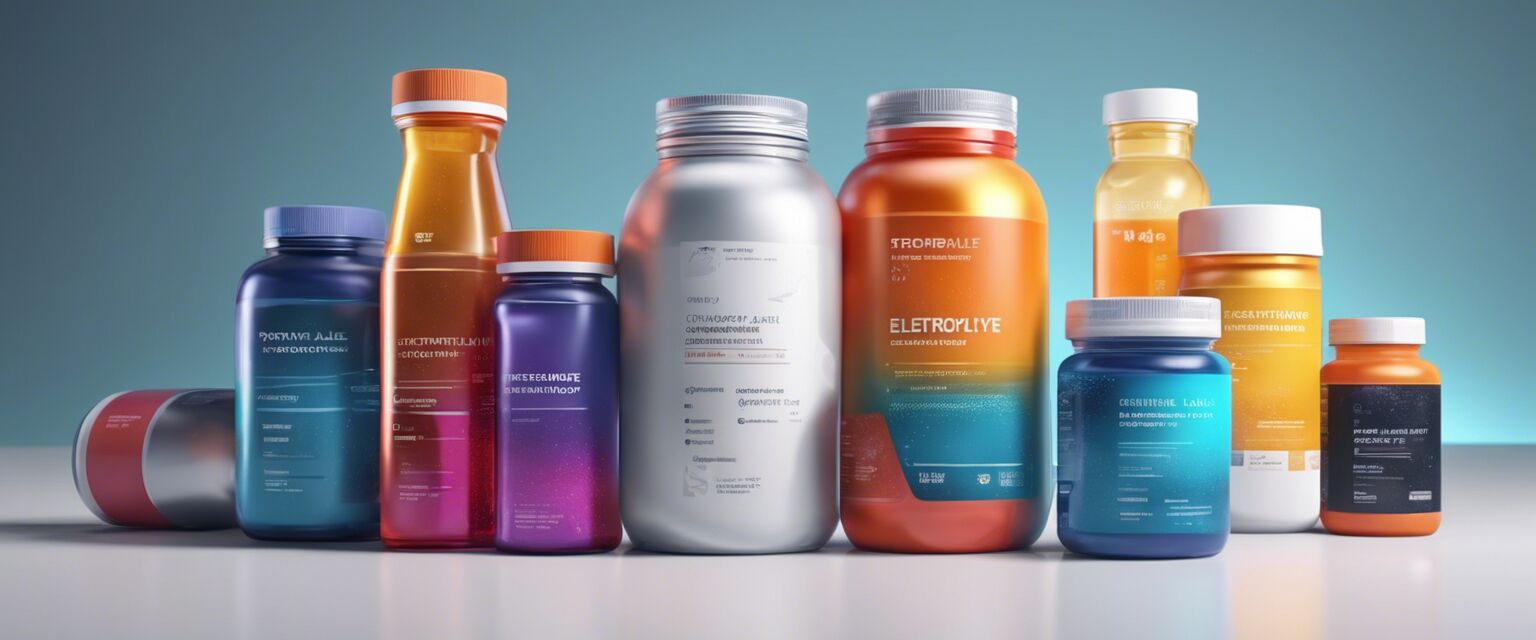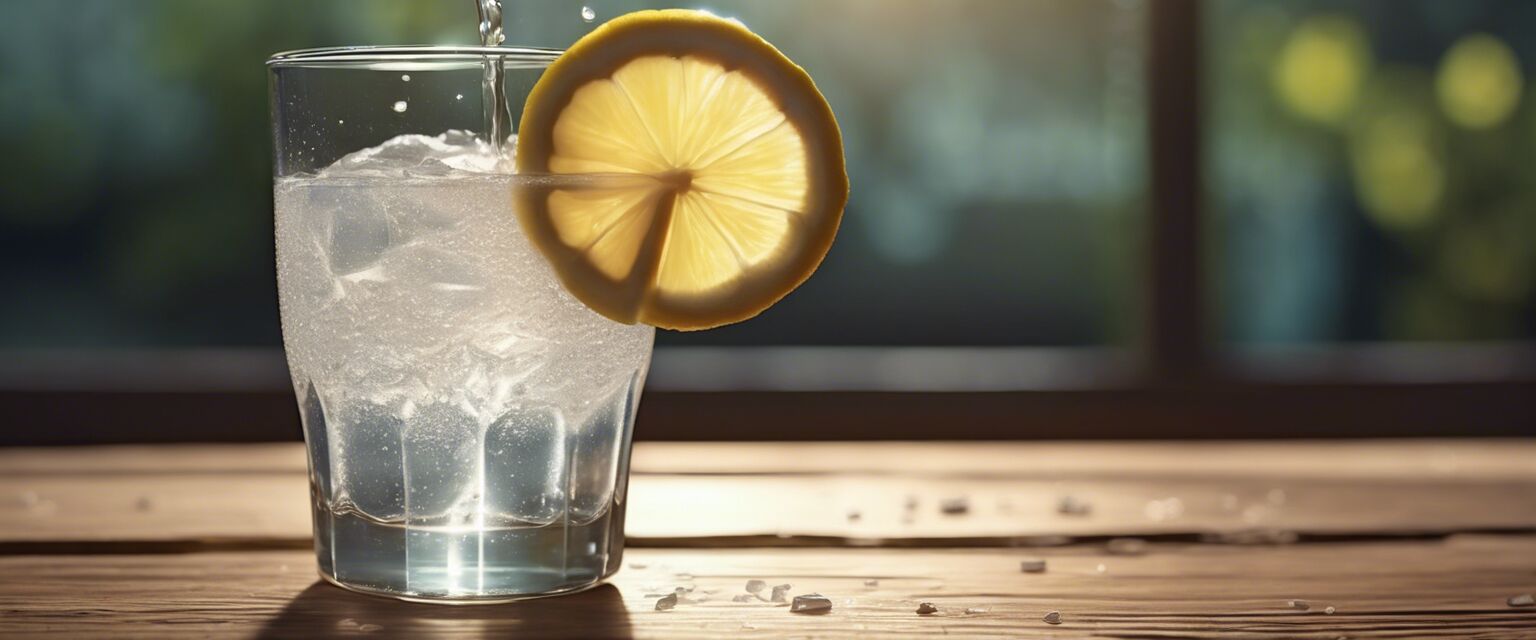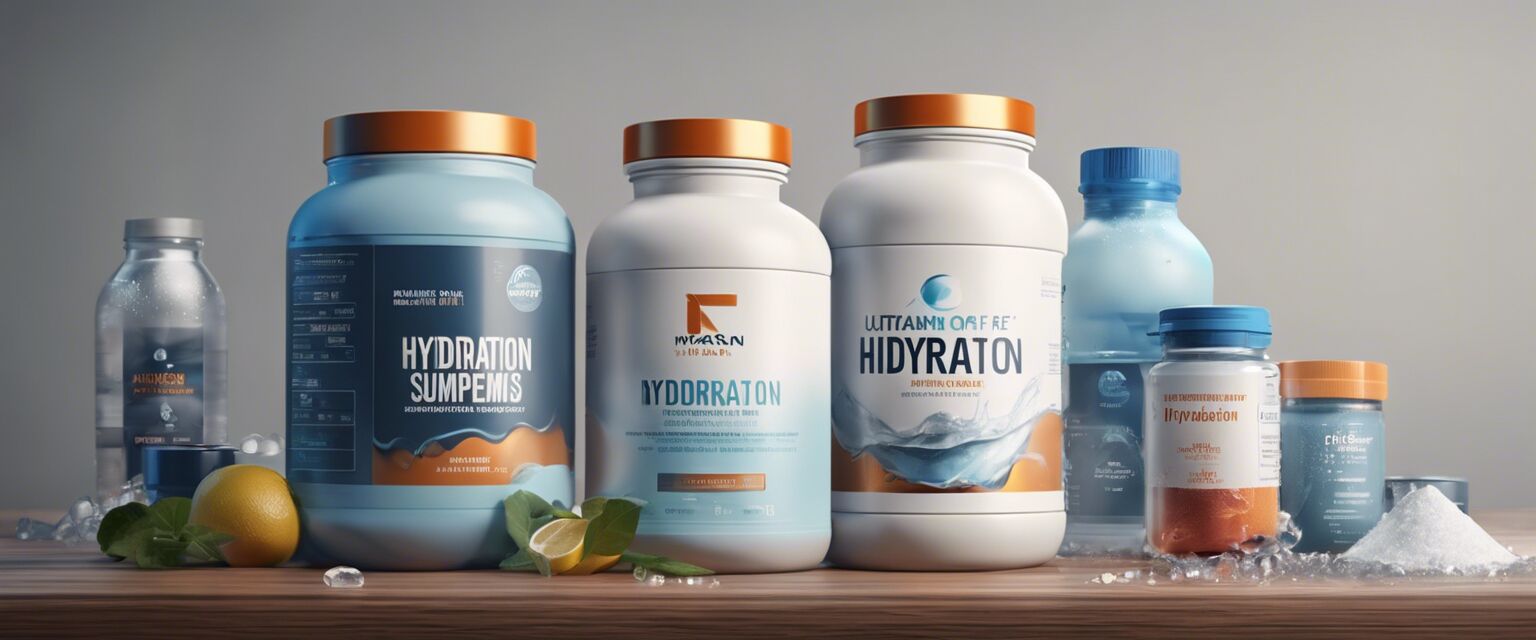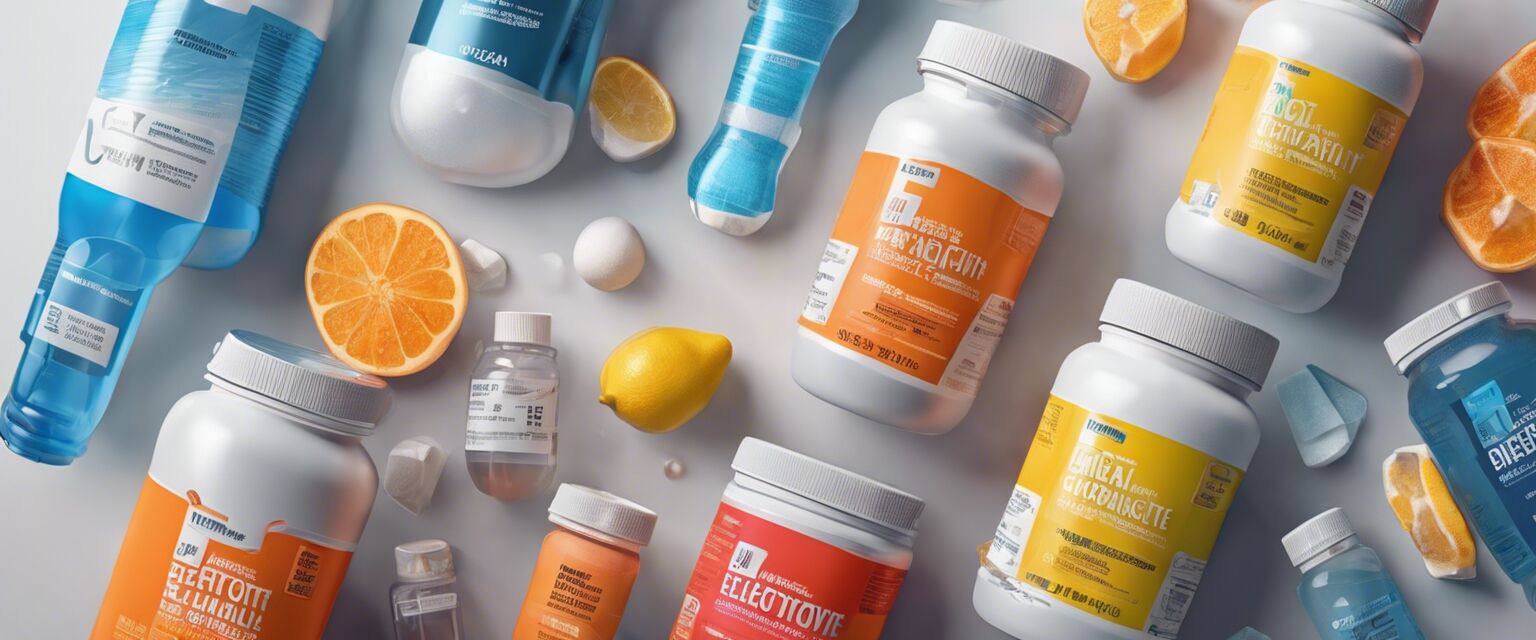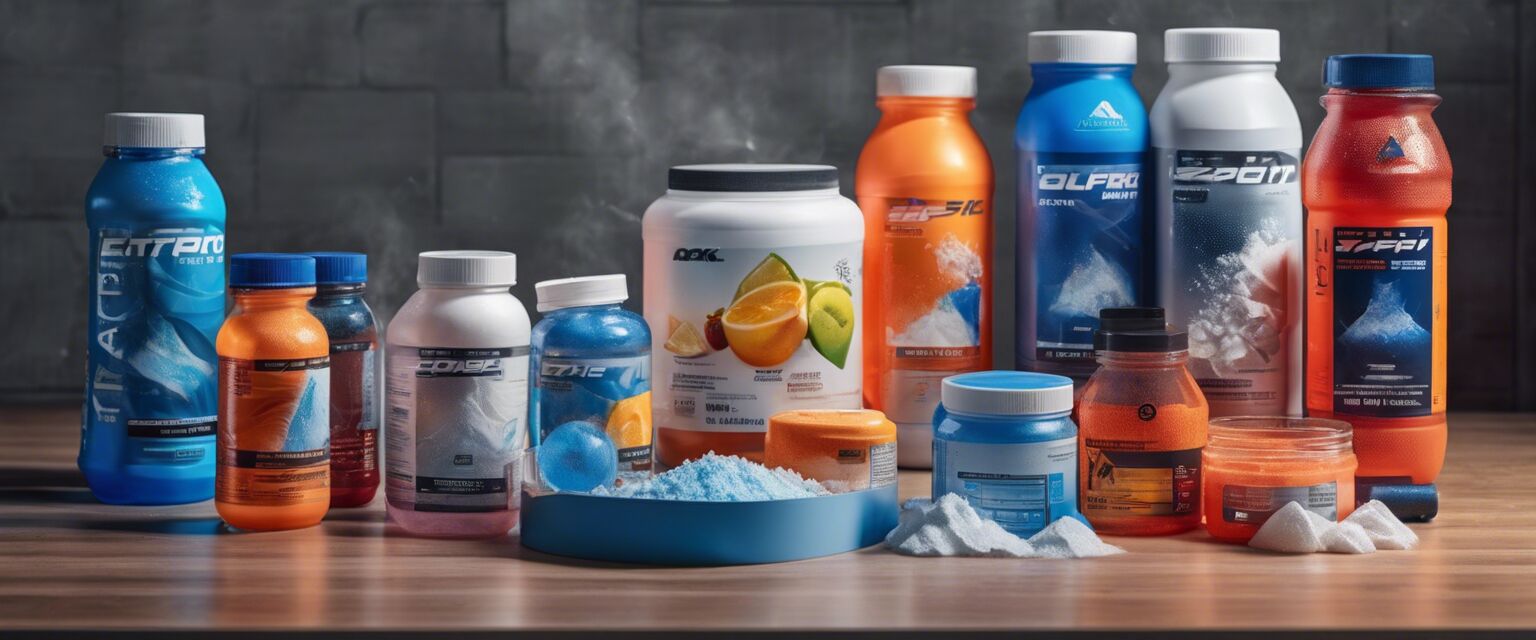
Hydration Strategies for Endurance Sports
- Understanding hydration is crucial for performance in endurance sports.
- Electrolytes play a vital role in maintaining fluid balance.
- Differentiating between hydration options can enhance training and competition outcomes.
- Regularly updated hydration strategies tailored to specific events can yield the best results.
In endurance sports like marathons, cycling races, and triathlons, the need for proper hydration is paramount. Athletes must focus not only on drinking water but also on replenishing electrolytes lost through sweat during intense activity. This article outlines effective hydration strategies, tips, and the importance of selecting the right hydration supplements for optimal performance.
Why Hydration Matters in Endurance Sports
During endurance events, athletes can lose significant amounts of fluids and electrolytes. Failure to adequately replace lost fluids can lead to decreased performance, fatigue, and even serious health concerns. Understanding hydration needs can help athletes improve their stamina and overall performance.
The Role of Electrolytes
Electrolytes, including sodium, potassium, and magnesium, are essential for maintaining nerve function and muscle contraction. They help control the body's fluid balance, which is particularly important in endurance sports.
| Electrolyte | Function |
|---|---|
| Sodium | Regulates blood pressure and blood volume; helps with muscle contraction. |
| Potassium | Essential for muscle function; helps maintain electrolyte balance. |
| Magnesium | Plays a role in muscle relaxation; important for energy production. |
Hydration Methods for Endurance Athletes
Here are some popular hydration methods that endurance athletes can utilize:
- Water: The most basic form of hydration; essential to maintain fluid balance.
- Electrolyte Drinks: These drinks replenish both fluids and essential electrolytes during prolonged exertion.
- Electrolyte Powders: Convenient for mixing with water, allowing athletes to customize their hydration solution.
- Hydration Tablets: Compact and easy to carry, these dissolve in water for instant hydration.
- Sports Drinks Concentrates: Typically higher in sugar, these are designed for energy but also provide hydration.
When to Hydrate
The timing of hydration is crucial for performance. Here are some guidelines to follow:
| Activity Type | Hydration Before | Hydration During | Hydration After |
|---|---|---|---|
| Short Events (< 1 hour) | 8-10 oz of water 30 minutes before | Every 15-20 minutes | 16-24 oz for every pound lost |
| Medium Events (1-3 hours) | 12-16 oz of electrolyte beverage | Every 20-30 minutes | 16-24 oz with electrolytes |
| Long Events (> 3 hours) | 24 oz of electrolyte beverage 1 hour prior | Every 15-20 minutes with electrolyte drinks | 24-32 oz with electrolytes post-event |
Hydration Accessories and Tools
Athletes can enhance their hydration strategy by using various accessories:
- Hydration packs - Ideal for carrying fluids on the go.
- Hydration belts - Great for runners needing hands-free access.
- Electrolyte water bottles - Designed for athletes wanting to keep track of intake.
- Portable drink mixes - Easy to add to water and carry on runs.
- Hydration tablets - Perfect for quick and easy electrolyte replenishment.
Tips for Effective Hydration
Beginners Section
- Track your fluid intake using a daily log.
- Start hydrating well before your event.
- Pay attention to your body's signals for thirst.
- Experiment with different hydration methods during training.
- Always practice your hydration strategy before race day.
Hydrating Foods
In addition to beverages, certain foods can help enhance hydration:
- Watermelon
- Oranges
- Cucumbers
- Strawberries
- Spinach
Pros and Cons of Different Hydration Strategies
Pros
- Enhances performance and endurance.
- Replenishes lost fluids and electrolytes quickly.
- Variety of options available for individual preference.
- Allows for systematic hydration during training and events.
Cons
- Overhydration can lead to hyponatremia.
- Some sports drinks may contain high sugar levels.
- Electrolyte products can be expensive.
- Selecting the wrong product can lead to digestive upset.
Conclusion
Proper hydration is crucial for those participating in endurance sports. By incorporating timely strategies, understanding the importance of electrolytes, and utilizing effective products and accessories, athletes can significantly enhance their performance. Remember to tailor your hydration plan based on your unique needs and the specifics of your event to achieve the best results.
